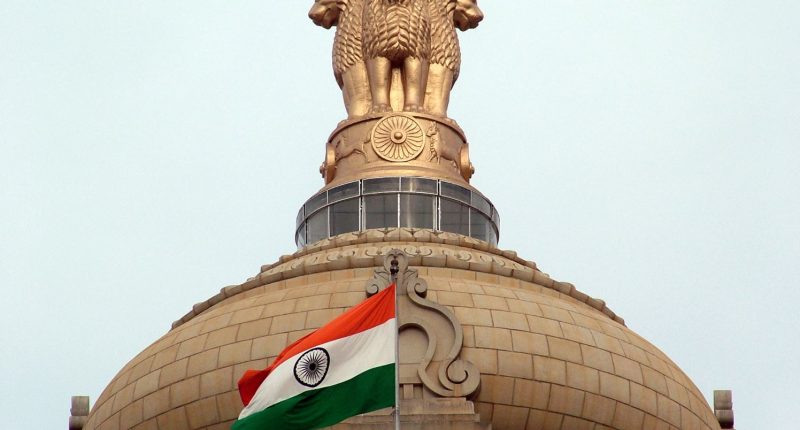Last year, the Information Technology (Intermediary Guidelines and Digital Media Ethics Code) Rules came into being, making it mandatory for the major social media intermediaries operating in India to abide by its guidelines. Now, the Rules are getting an update, and months after changes were proposed to bring to the IT Rules, the Indian government has come around and notified the amendments.
The revised Information Technology (Intermediary Guidelines and Digital Media Ethics Code) Amendment Rules, 2022 will be effective immediately. A notification by the Ministry of Electronics and Information Technology (MeitY) informed that they had received the green signal from the government to create a Grievance Appellate Committee (GAC) – a government-appointed body that will be in charge of dealing with the grievances of users and addressing (and reversing, if it is necessary) content moderation decisions taken by social media platforms such as Facebook, YouTube, and Twitter in the world’s second-largest internet market.
The notification is currently out in the public domain to gather the feedback of stakeholders. It also informs that each such appellate committee will consist of a chairperson and two whole-time members, and will be established within three months from the date of commencement of the revised IT Rules 2022. Users who remain unsatisfied with the response of an intermediary’s grievance officer may approach the GAC within a period of 30 days, who will try to resolve the issue in the next 30 days – during which it may seek assistance from experts.
It further informs that the appellate committee will be constituted under Rule 3A of the amended IT Rules, and will make it mandatory for the social media intermediary to publish the rules and regulations, privacy policy and user agreement to the user, and make “reasonable efforts to cause the user of its computer resource not to host, display, upload, modify, publish, transmit, store, update or share” information that:
1. Belongs to another person and to which the user does not have any right,
2. Is obscene, pornographic, paedophilic, invasive of another’s privacy including bodily privacy, insulting or harassing on the basis of gender, racially or ethnically objectionable, relating or encouraging money laundering or gambling, or promoting enmity between different groups on the grounds of religion or caste with the intent to incite violence,
3. Is harmful to a child,
4. Infringes any patent, trademark, copyright or other proprietary rights,
5. Deceives or misleads the addressee about the origin of the message or knowingly and intentionally communicates any misinformation or information which is patently false and untrue or misleading in nature
6. Impersonates another person,
7. Threatens the unity, integrity, defence, security or sovereignty of India, friendly relations with foreign States, or public order, or causes incitement to the commission of any cognisable offence, or prevents investigation of any offence, or is insulting other nation,
8. Contains software virus or any other computer code, file or program designed to interrupt, destroy or limit the functionality of any computer resource,
9. Violates any law for the time being in force.
Additionally, the intermediaries must ensure periodically, and at least once a year, inform their users of its rules and regulations, privacy policy or user agreement or any change in the same, and acknowledge any complaint within 24 hours and resolve it within a period of fifteen days from the date of its receipt.
The Tech Portal is published by Blue Box Media Private Limited. Our investors have no influence over our reporting. Read our full Ownership and Funding Disclosure →






